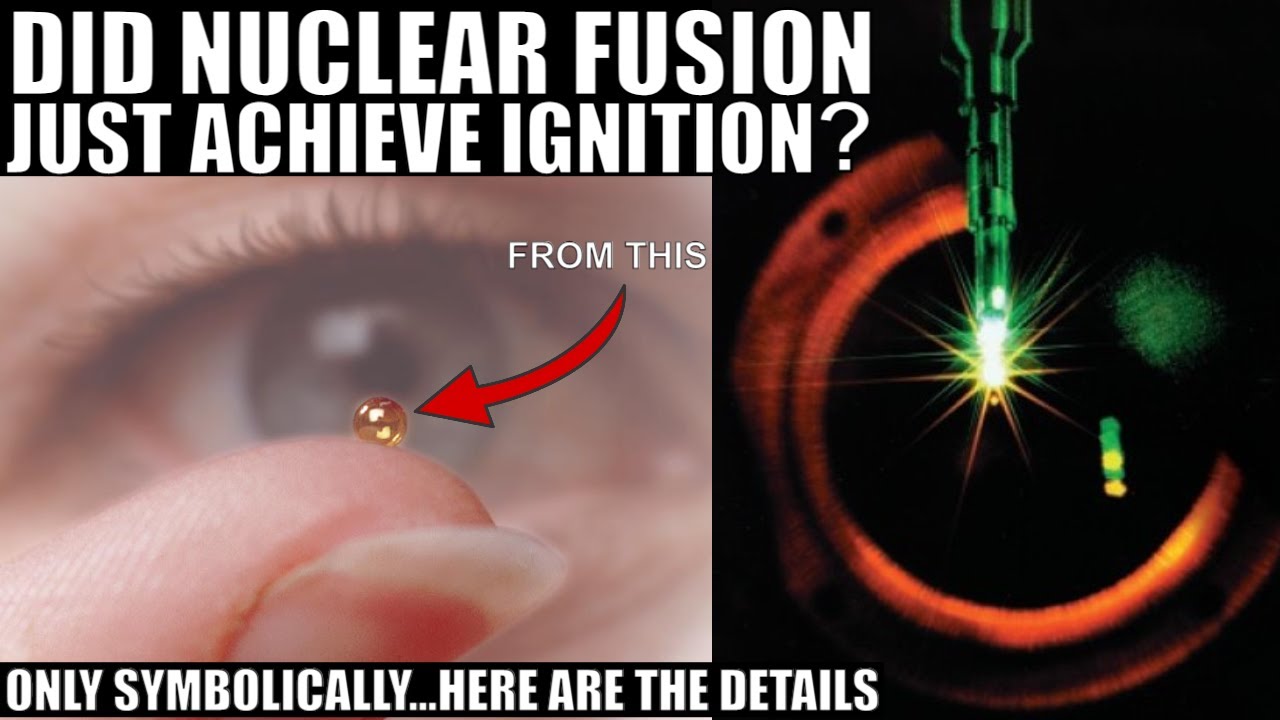I think I stopped acknowledging "breakthroughs" in fusion almost exactly 14 years ago.
If it leads to breakthroughs in other areas, I'm sure someone's paying attention. And until a system actually generates more power than was input, it's totally useless to the average person.
i don't think we'll see practical electrical power generating fusion until we use He3 and skim those sweet charged particles right from the reaction. otherwise the reactor is just an expensive complicated way to boil water for steam which can be done more efficiently with fission.
Even a fusion reaction that generates more power than it takes to start it is useless if the infrastructure needed to sustain the reaction degrades in months and the energy required to replace it is greater than the net output.
true. that's why it needs to be deuterium-He3 to be worth it. you remove the neutron saturation of the reactor vessel which should theoretically lead to longer lasting reactors. so you get the durability plus the stream of protons that can directly drive a dynamo or funneled into an MHD generator or something.
but in the end this requires lunar excursions to grab up He3. honestly i have a suspicion this is one of the reasons behind the new Moon race, especially after China grabbed a sample on the dark side that proved the He3 was plentiful and encapsulated in crystals.
For the record more details were released on Tuesday and that is what he goes over, but it is correct that they achieved ignition and it is still an important milestone
Whats important is all these little breakthroughs are feeding into the ITER facility in France which intends on encompassing many metrics, not small specific ones like the one achieved the other day.
For actually solving climate change in a reasonable amount of time we'll need a lot of nuclear fission and nuclear recycling facilities as well as hydroelectric dams, and those are really the only choices that dont have extreme maintenance costs :shrug-outta-hecks: Its pretty sad thinking that France and Sweden are the closest to achieving carbon neutrality in a developed country and everyone else is just giving in to oil lobby fear mongering about nuclear fission and decommissioning all their plants in favor of coal, natural gas, and oil.
While I'm stoked about any breakthrough in green tech it's frustrating seeing all the fuss about this since at best the implementation is decades away. We needed to start the transition off fossil fuels decades ago and we already have the tech to do this just not the political will (or economic system).
Just off the top of my head:
- Nuclear fusion
- Hydroelectric dams
- Small modular nuclear reactors
- Synthetic hydrocarbon fuel (shipping, aviation)
- Hydrogen fuel cell (cars, long haul trucking)
- Trains and metros
- Planting lots of mf trees
All this already exists today, it's just a question of implementation. At this stage the only thing that gives me hope is China, because they're basically doing (or already planning to do) everything in the list above.
China is making some huge leaps when it comes to automating the construction of massive concrete structures like dams, plus its important to build dams in China to reduce deaths, so its a double whammy.
One Chinese reactor design - the DHR-400 is a pool type reactor like you would find in university that is designed solely for district heating. Such a reactor would be a good start for many countries that need to start training nuclear engineers and technicians. They should be built in most universities and polytechnics, with district heating infrastructure wherei t's missing built out ASAP to provide free heat to every household, both urban and rural.
Some people will freak out, but arctic cold snaps seem to be a major feature of climate change going forward, along with an energy crisis created by the renewable induced dependency on natural gas. People need a vision of socialism of free district heating and heated streets/roads. In some locations, geothermal will do, but to be able to deploy nuclear anywhere is key. Heat pumps only work for well insulated houses and that is incredibly expensive. We need to stress that every building needs to be heated properly and that we have the technology and resources to do this.
feeling smug about expressing hopelessness in the other thread rn
How about something cool sometimes actually happens for once





